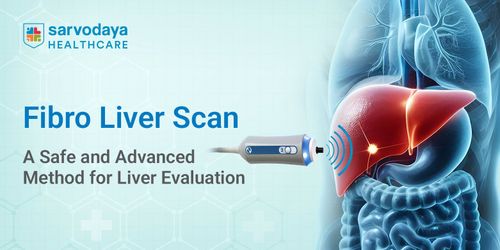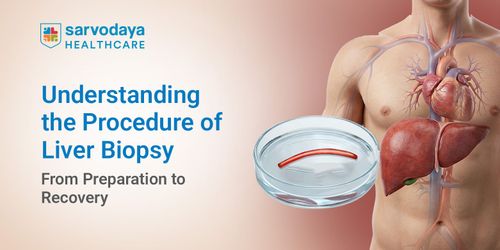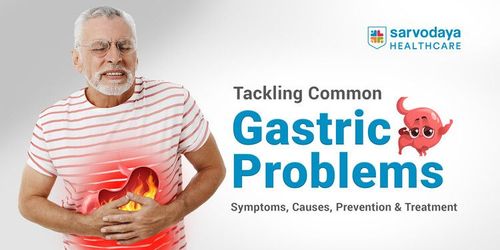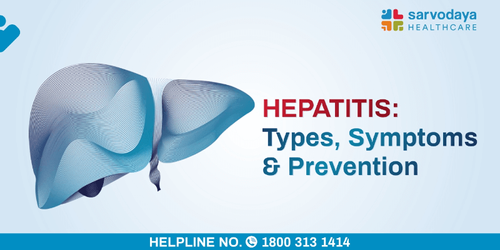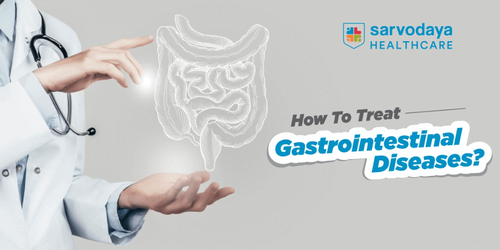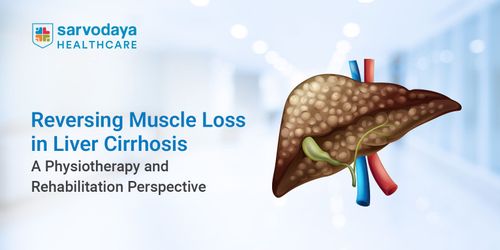What Exactly IS ‘Gas’?
’Gas’ in the stomach is perhaps the commonest problem for a gastroenterology consult. The word gas is used variously to include a feeling of fullness, bloating, increased flatulance and even a sensation of burning in the stomach. It is often associated with sense of incomplete bowel evacuation and sometimes heartburn with reflux. Most of us have experienced these symptoms after a unusually heavy or a rich meal, but these are transient. It becomes troublesome when the symptoms occur frequently or for a prolonged period of time after seemingly inocuous food.What Is The Cause Of This Troublesome ‘Gas’ Formation?
In fact, there are many reasons for this feeling. Milk (lactose intolerance) and fruit juices are common examples of food intolerance causing bloating. A diet rich in carbohydrates, fibers, legumes and certain vegetables may cause excessive ‘gas’ formation. Often, the symptoms occur due to our heightened sensitivity to normal amount of gas and acid (visceral hypersensitivity), something which defines Irritable Bowel Syndrome. Alcohol and smoking also aggravate the symptoms. Actually, our digestive system is greatly modulated by trillions of bacteria and microbes residing in our gut. These are collectively called as Gut Microbiota. Bacterial overgrowth in the gut results in gas and bloating. A discussion on gut microbiota is beyond the scope of this article. Suffice to say, if your gut is ihbitated by a good set of microbiota, you will have a robust digestive capability and if you have a bad one, you may be prone to a ‘weak stomach’ . But I want to emphasize here that notwithstanding the causes enumerated above, it is our present day lifestyle that is resposible to a large extent for the symptoms.When Should I Consult My Gastroenterologist?
You must consult a Gastroenterologist if the symptoms are frequent or persistent. Presence of ‘alarm features’ are a definite indication to consult and further evaluation including endoscopy. These alarm features are significant pain in the abdomen, recurrent vomiting, blood in vomitus or stool, stools that are black with offfensive smell, presence of anemia, not able to move bowels or wind at all. Your Gastroenterologist may advise you for an endoscopy, ultrasound of the abdomen and certain blood tests like CBC, LFT, thyroid function and in certain cases IgA TTG to rule out gluten allergy. A hydrogen breath test may confirm the clinical suspicion of bacterial overgrowth as a cause of bloating and gas formation.
How Does Lifestyle Influence My Digestive System?
Our present day sedentary lifestyle with easy access to high calorie and fatty food promotes gas, acidity, bloating, flatulance and irregular consistency of bowels. Our carbohydrate rich Indian diet aggravates bloating and ‘gassy’ stomach. A stressful life adds to the problem.
What Should I Do To Prevent A ‘Gassy Stomach’?
-
Consult your Gastroenterologist if the symptoms are recurrent or persistent or if any of the alarm features enumerated above are present
-
Identify ‘triggers’ if any, like milk, juices, aerated beverages, high fatty meal or certain condiments and avoid them.
-
Maintain ideal body weight. Exercise regularly. Eat small meals. Avoid late night meals or snacks. Do not lie down for at least two hours after a meal. Drink adequate water (at least two litres). Develop mechanisms to deal with undue stress.
-
Reduce intake of cereals like wheat, maida and rice, instead fill your stomach with vegetables, dals, fruits. Some may benefit by reducing carbohydrates and dairy products and increasing protein intake. FODMAP diet is recommended and ask your doctor to advise you about this diet.








